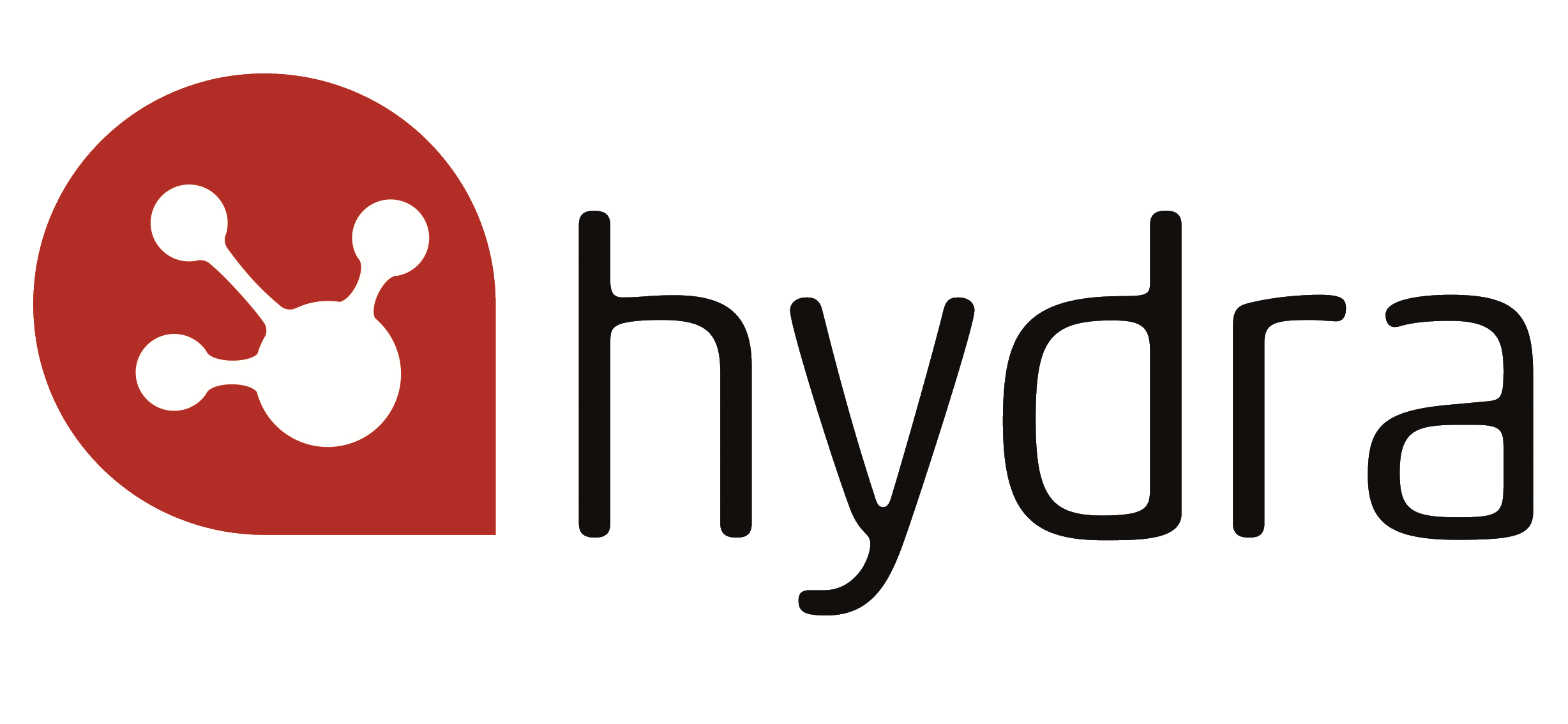How to avoid inconsistency in project performance
Knowing how to manage professional services projects in a consistent way in order to avoid inconsistency in project performance is one of the challenges highlighted by the TSIA in their Top Professional Services Business Challenges.
Delivering professional services that consistently meet and exceed customer expectations is not easy. Even if you can deliver the same level of service every time, unrealistic customer expectations can mean that in some cases, what delights the majority of your customers, might fall flat with others. A report by the Project Management Institute found that only 64 percent of projects are delivered successfully, with an estimated wasted expenditure of 11 pence in every pound invested in a project or programme.From this evidence it’s clear that there are plenty of roadblocks that must be overcome to deliver the same level of service time and time again, but what are the habits and behaviours to adopt that will help you achieve consistency in your project performance?
1. Develop a project management mindset
To deliver the same level of service consistently requires organisations to have a project management mindset that emanates from the top of the organisation down. Project management has to be valued in every department and at every level within the organisation, and senior influencers and decision makers need to support its use.
Project management is a mix of learned skills, experience and basic leadership capabilities. Understanding the project management discipline and investing in Project Managers and training helps organisations to develop a project management mindset. Project managers with the right set of skills and role-based training can influence any objectors and help their teams adopt best-practice methods leading to more successful project outcomes.
2. Project Portfolio approach
A project portfolio is about more than just running multiple projects at the same time. Project and Portfolio Management (PPM) is a formal approach you can use to orchestrate, prioritise and benefit from projects. This approach examines the risk-reward of each project, the available funds, the likelihood of a project's duration, and the expected outcomes.
By using a portfolio approach, you can quickly get a feel for the strengths and weakness in your project delivery, as the same mistakes will keep cropping up again and again. All projects within a portfolio can be tracked on their progress and monitored for their benefits and quality. This allows weaknesses to be identified and corrected, creating an effective risk mitigation plan to ensure that any impact on your project is minimised and the opportunity for delivering a successful project increased.
3. Strengthen your PMO
A project management office (PMO) is the group of departments in your business that are responsible for defining and maintaining the standards of project management in your organisation. The PMO is the problem-solver and gatekeeper of projects and one of its key roles is to introduce ways to standardise and economise the delivery of projects.
According to PMI’s 2017 Pulse of the Profession® more organisations are discovering the value of project management offices (PMOs)*.

*Source: Pulse of the Profession, PMI, 2017 (Results based on global survey of 3,234 project management practitioners, 200 senior executives and 510 project management office directors).
The report also redefined the performance of organisations:
Champion organisations complete 80 percent or more of projects on time, on budget, meeting original goals and business intent and have high benefits realization maturity.
Underperforming organisations complete 60 percent or fewer of projects on time, on budget, meeting original goals and business intent and have low benefits realization maturity
81% of Champion organisations have a PMO and 56% have an enterprise-wide PMO highly aligned with organisational strategy.
At Hydra our PMO team works with our customers taking care of support, admin, monitoring performance, report generation and all the other necessary, but time consuming, activities required for a PMO to excel. This leaves the your PMO free to focus on the Business Value-Drivers ensuring that the project is delivered on-time and in budget.
4. Engage with your Sponsor
A project sponsor is an active senior manager who is responsible for ensuring the project remains a viable proposition and that the benefits of the project can be realised. To do this, resolving issues outside of the control of the project manager is a key part of their role. By removing roadblocks, ensuring the necessary resources are in place and keeping the project visible at senior levels, the project sponsor has an extremely important part to play in the delivery of a consistent level of service.
As well as resolving issues the project sponsor is also involved in
- Preparing the Business Case;
- Making sure that the project is on track;
- Sign off at various stages of the project;
- Making sure the necessary resources are available;
- Chairing the project Board; and
- Assisting with risk mitigation.
A strong and supportive sponsor can help you to deliver consistent project performance, and, in some cases, can be the difference between the success or failure of your project.
5. Adapt processes to refine delivery
There’s a significant difference between standardising the delivery of a project and adopting a one-size-fits-all approach. To deliver successful projects consistently, an organisation needs to find the most effective and efficient processes that work within its industry, environment and culture. These processes are then adapted as lessons are learned during the project and after it has been completed. This allows the delivery of projects to be refined over time.
Due to the changing culture of the customer organisations, i.e. what one might find too flexible, another will find too restrictive, it’s essential to be able to meet the needs of individual clients whilst still taking a standardised approach to service delivery. Taking a one-size-fits-all approach to every project is a recipe for failure.
Conclusion
The key to avoiding inconsistent project performance is to address it early. Hydra’s professional services software captures your hidden know-how and lessons learnt to enable the consistent delivery of best practice across all your projects. The result is the delivery of the same exceptional level of service time and time again. To see how Hydra’s Professional Services Software can boost the consistency of your project performance, why not watch our free demo or get in touch to arrange a live demonstration, tailored to your organisations needs.
Your free demo is just a few clicks away!


